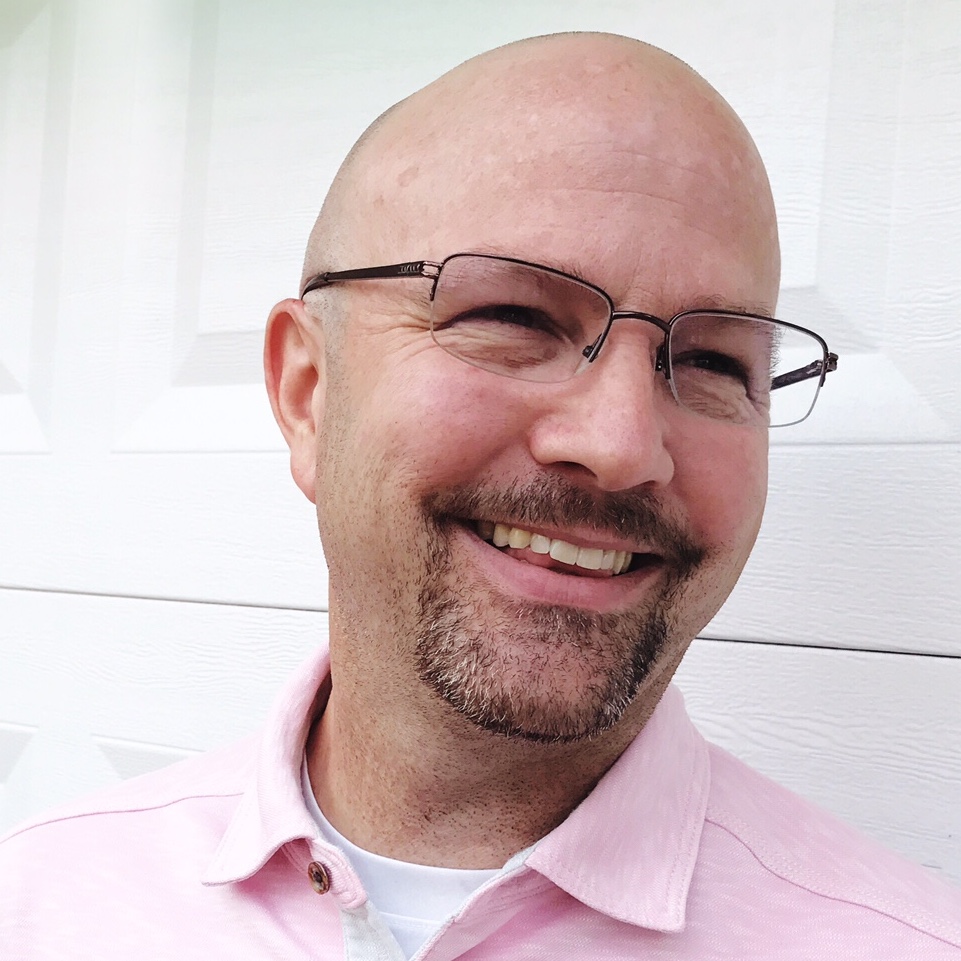Help for Eating Disorders
Counseling and Coaching for Eating Disorder Recovery.
Specialties
Understanding Eating Disorders

Since 2003, I’ve had the privilege of counseling clients with eating disorders and helping them restore a sense of feeling normal around food and body image. If you are looking for a therapist in the St. Louis area, I’m happy to talk with you and see if we might be a good fit.
When Should I See a Therapist or for an Eating Disorder?
You might consider seeing a therapist about your relationship with food if you experience the following:
- Extreme fear, anxiety, or shame around what you eat or don’t eat
- You are always thinking about your body or food
- What started as a goal to “eat healthy” has taken on a life of it’s own and is negatively impacting the rest of your life
- You find yourself counting calories obsessively
- You can’t enjoy food anymore
- You feel better about yourself after skipping a meal and worse when you “give in” to eating
- Friends and family have expressed concern about your weight gain, weight loss or other bodily changes
- You lie about when and what you eat
It’s never too early to call a counselor who specializes in eating disorders. Many professionals (myself included) will talk with you over the phone and answer your basic questions.
The next step would be to set up an appointment with a therapist, registered dietitian, and medical provider so that a full assessment can be done in person.
Do I Need Counseling or Treatment for An Eating Disorder?
The National Eating Disorder Association provides a list of warning signs for eating disorders. I’ve provided brief summaries for the three primary types of eating disorders below:
Anorexia
- Dramatic weight loss
- Dresses in layers to hide weight loss or stay warm
- Preoccupation with food, weight, calories, and dieting
- Makes frequent comments about feeling “fat.”
- Is unable to maintain an appropriate bodyweight
- Maintains an excessive, rigid exercise regime
Bulimia
- Evidence of binge eating, including the disappearance of large amounts of food in short periods
- Evidence of purging behaviors, including frequent trips to the bathroom after meals, signs and/or smells of vomiting, presence of wrappers or packages of laxatives or diuretics
- Drinks excessive amounts of water or non-caloric beverages, and/or uses excessive amounts of mouthwash, mints, and gum
- Has calluses on the back of the hands and knuckles from self- induced vomiting
- Dental problems, such as enamel erosion, cavities, discoloration of teeth from vomiting, and tooth sensitivity
Binge Eating Disorder
- Secret, recurring episodes of binge eating; feels lack of control over the ability to stop eating
- Feelings of disgust, depression, or guilt after overeating, and/or feelings of low self-esteem
- Steals or hoards food in strange places
- Creates lifestyle schedules or rituals to make time for binge sessions
- Evidence of binge eating, including the disappearance of large amounts of food in a short time period or a lot of empty wrappers and containers indicating consumption of large amounts of food
Other categories of eating problems include:
- Avoidant Restrictive Feeding Intake Disorder (ARFID)
- Otherwise Specified Feeding and Eating Disorder (OSFED)
- Pica
- Rumination Disorder
- Orthorexia
- Compulsive Exercise
- Diabulimia
To learn more about these disorders, visit the National Eating Disorders Association.
Help Finding Treatment for an Eating Disorder
Searching the internet for an eating disorder treatment produces results for facilities across the country. This can feel overwhelming, particularly if you’re not sure you have a problem. While researching you will find an alphabet soup of acronyms like PHP, IOP, DBT, and EMDR.
Additionally, reading the reviews of treatment centers may cause you to lose hope (Many people who write reviews are frustrated with treatment. It’s far less common for satisfied clients to write reviews online).
For this reason, my first goal is to help clients and family members make sense of the process of recovery from an eating disorder.
If you would like to set up a session to discuss treatment options, better understand the many levels of care, or be guided through the admissions process, I’m happy to help.
My Counseling & Coaching Approach
In working with clients with eating disorders I rely on several principles to understand and guide progress.
Treating the whole person is key to helping a person make changes. In light of this, I work with clients to explore psychological, relational, social, and spiritual elements of their lifes. Because of the nutritional and medical complications of eating disorders, I also ask clients to work with a registered dietitian and a doctor.
Exploring your unique story and the circumstances surrounding the development of the problematic behavior is just as important and rewiring the brain.
Uncovering the function of the behavior is important to development to coping skills and create new behaviors. Eating disorders do not develop in a vacuum. These behaviors serve a function to help you escape, experience competence or meet some other legitimate need.
Understanding brain-based urges is part of my approach which involves educating clients on what is happening in the brain when we experience urges and compulsive behaviors. I incorporate this with the five steps of my URGE911 tools which I developed based on the work of Jeffrey Schwartz, MD of UCLA. I use the URGE911.com tool to help clients rewire the brain and make urges more manageable.
If you are ready to make changes and would like to talk to me, I can be contacted at travis@wtravisstewart.com.
References
1
Photo of four women by rawpixel.com from Pexels
Services
Counseling & Coaching
Are you struggling with compulsive behaviors like eating disorders and video game addiction? Since 2003, I have been working as a professional counselor and coach, helping individuals find freedom.
Speaking & Teaching
Do you need a speaker for an upcoming event for your organization? I will work with you to identify the needs of your audience and how we can partner together to meet them.
Travis Stewart
Licensed Professional Counselor
Travis has been working with people his entire career as a counselor, coach and spiritual director. His approach is personable and creative as he mixing counseling, coaching and teaching to help clients find freedom and hope.

